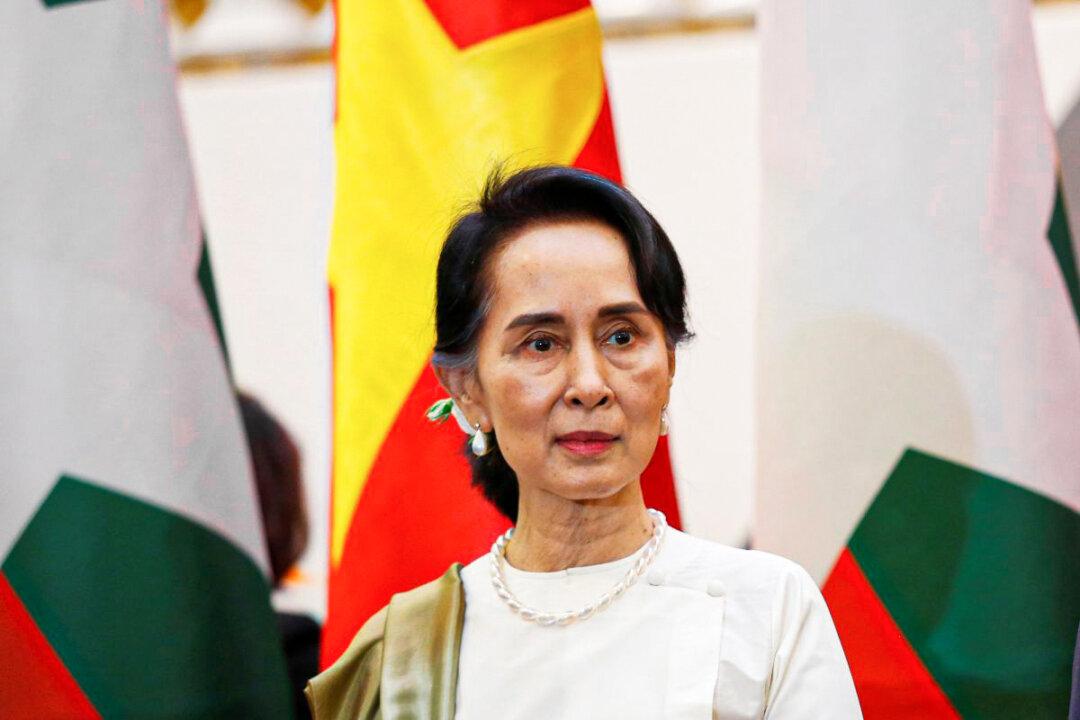BANGKOK—Ousted Myanmar leader Aung San Suu Kyi testified in court for a second time Monday, addressing charges that she violated coronavirus pandemic restrictions during the 2020 election campaign.
A person with knowledge of the proceedings said she denied breaking the restrictions when she waved to a campaign convoy for her National League for Democracy party in front of her house in Naypyitaw, the capital.





